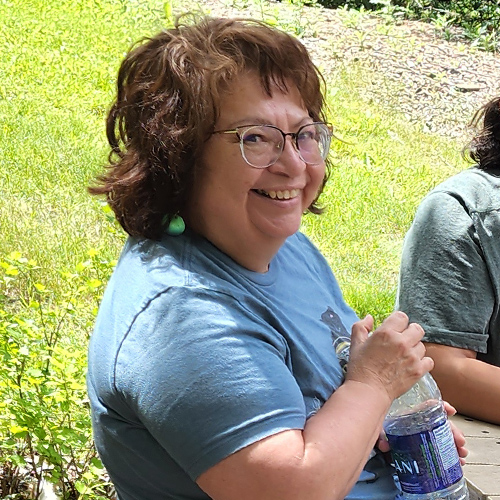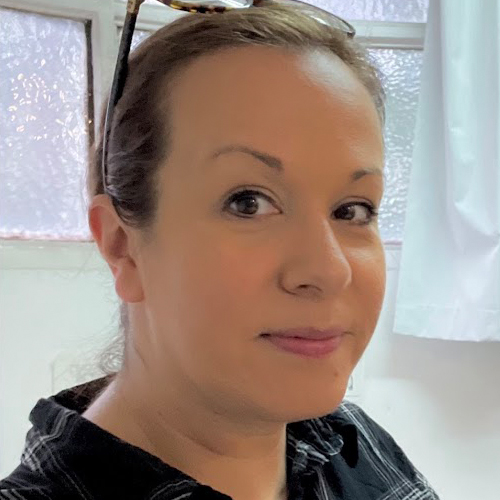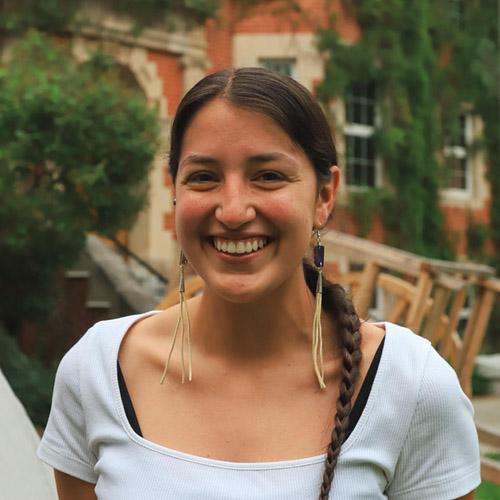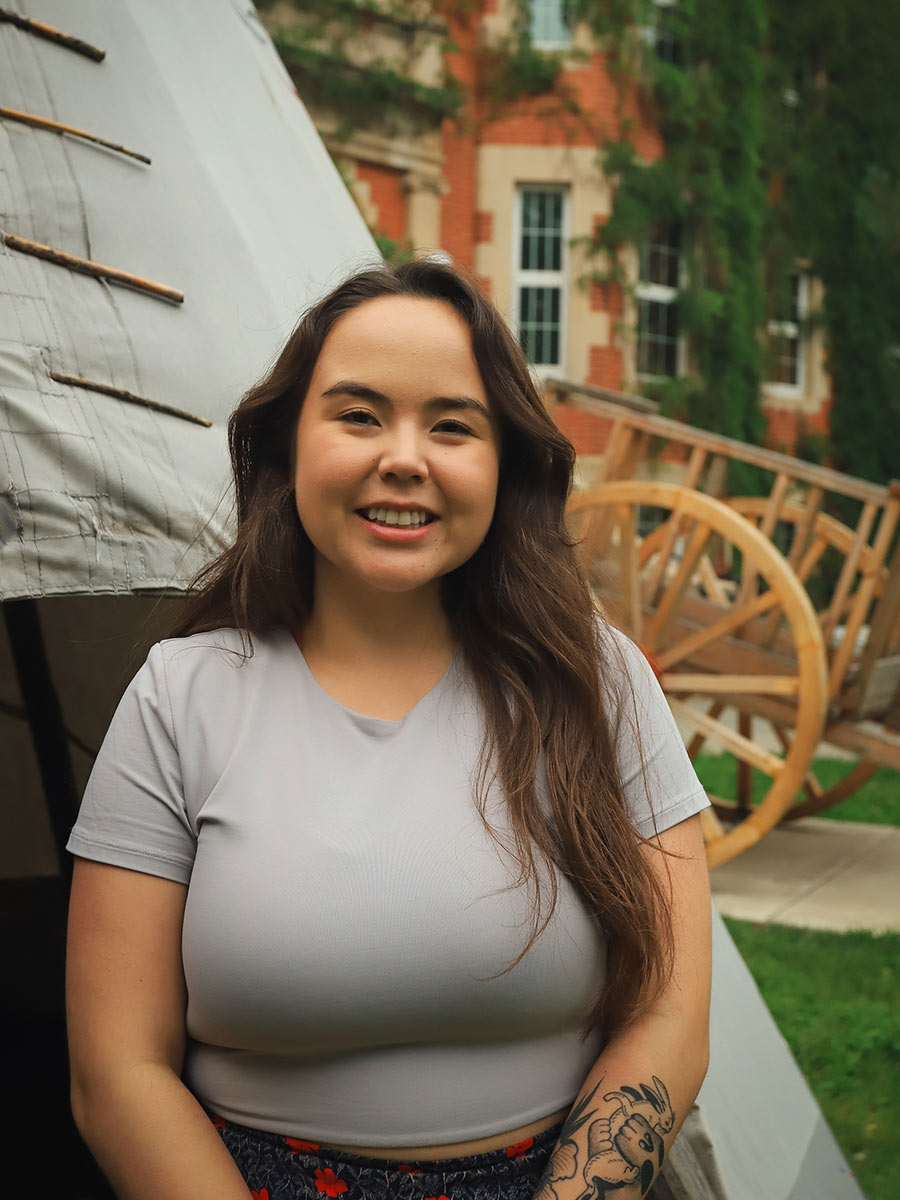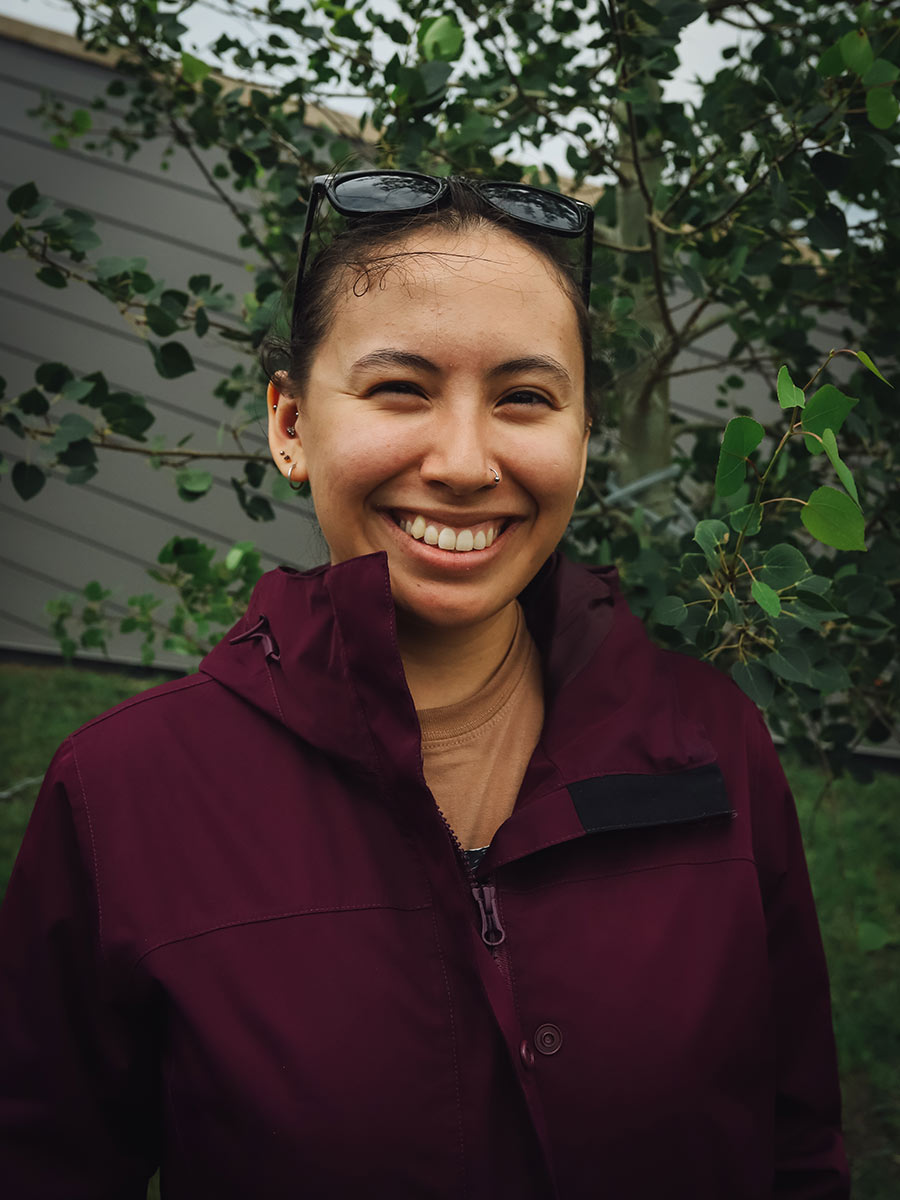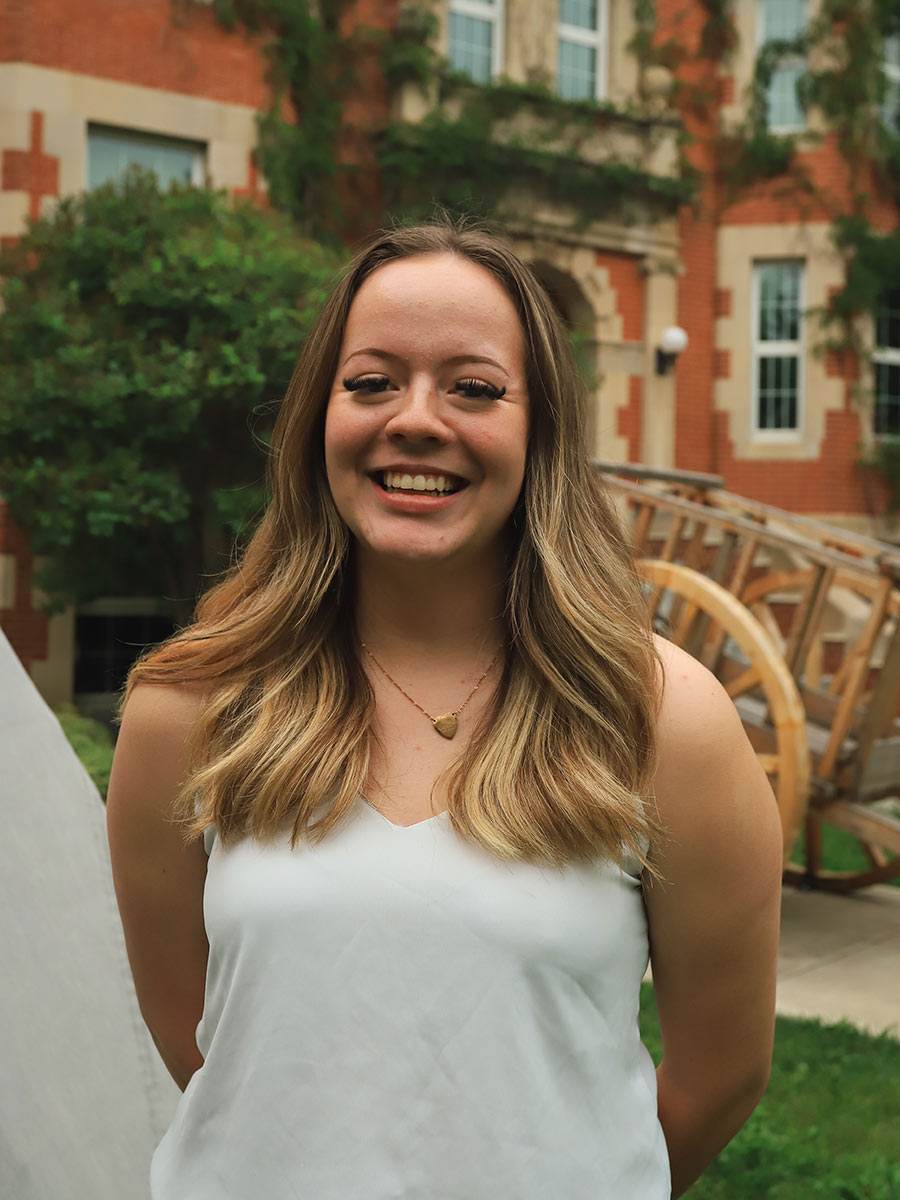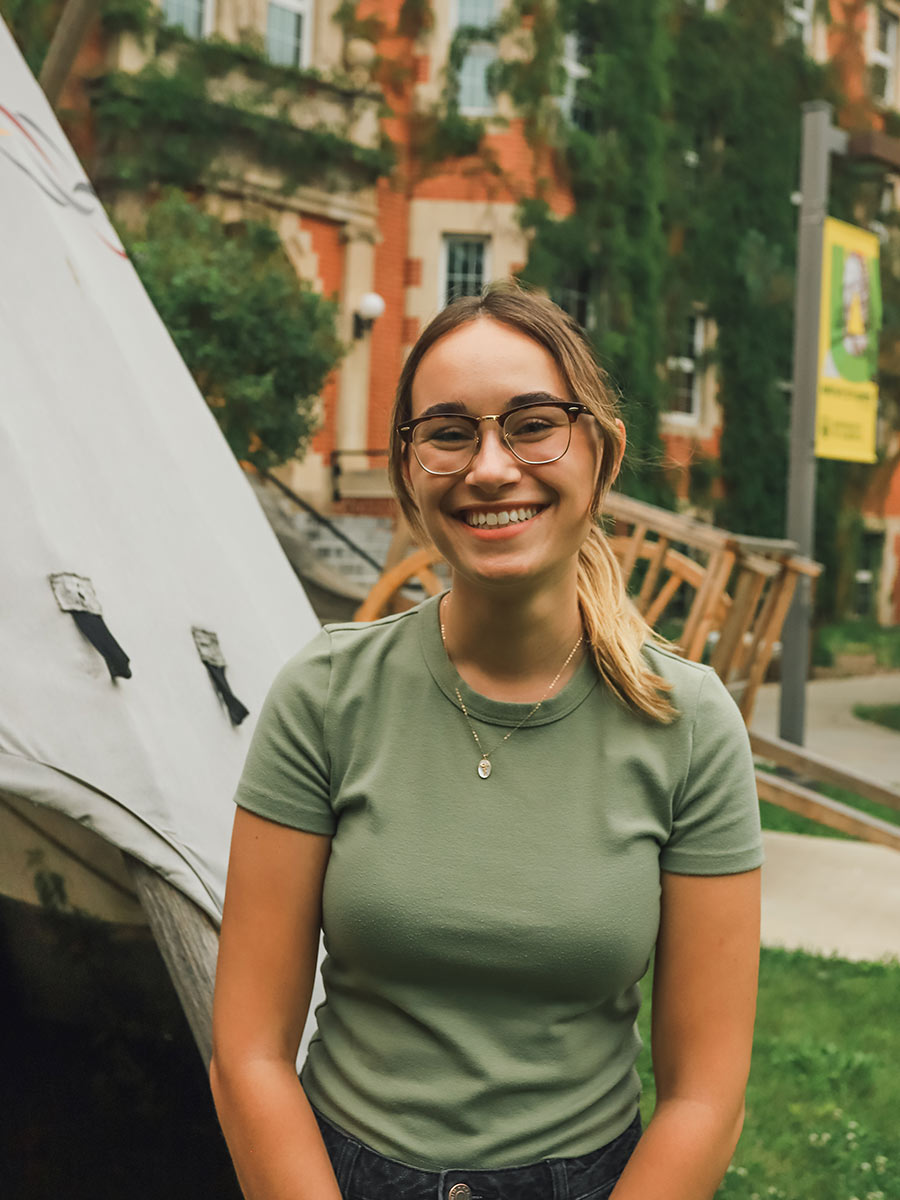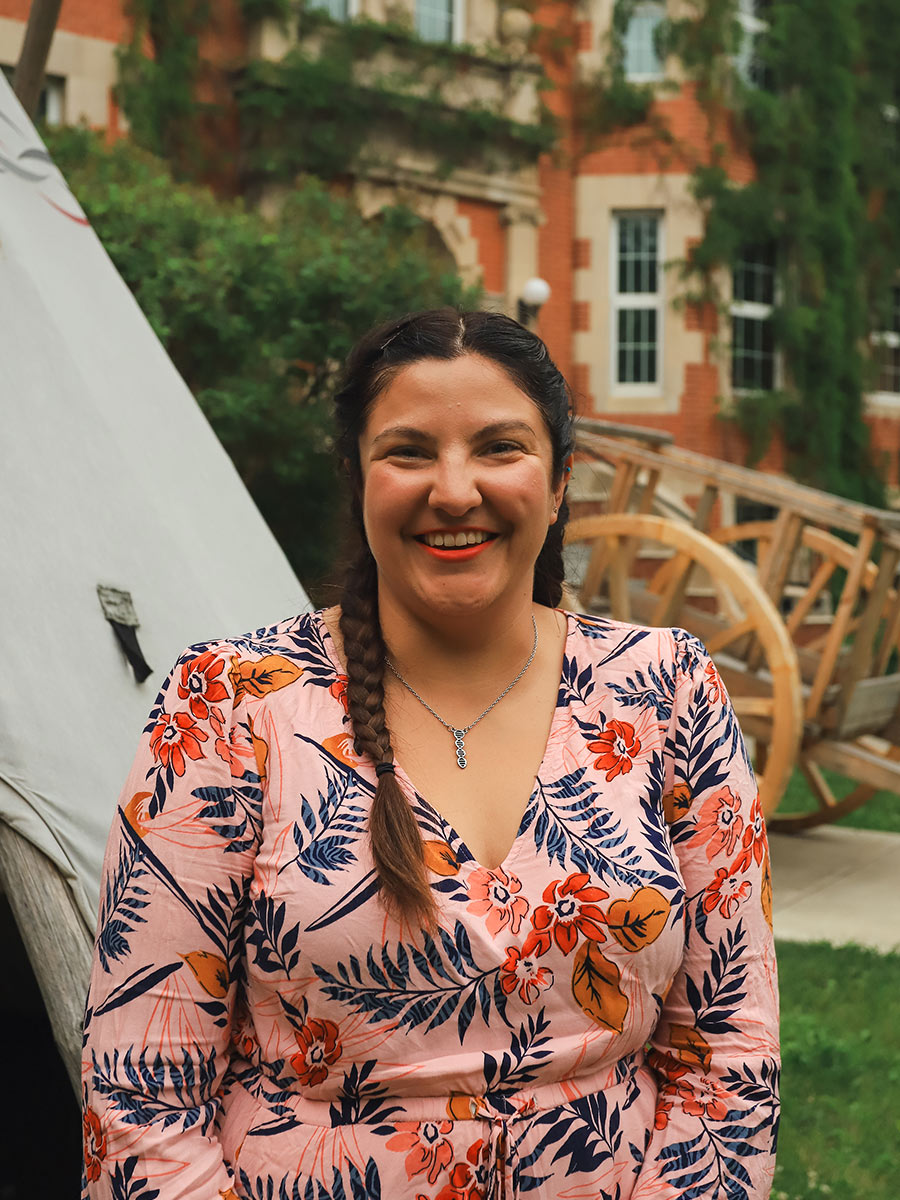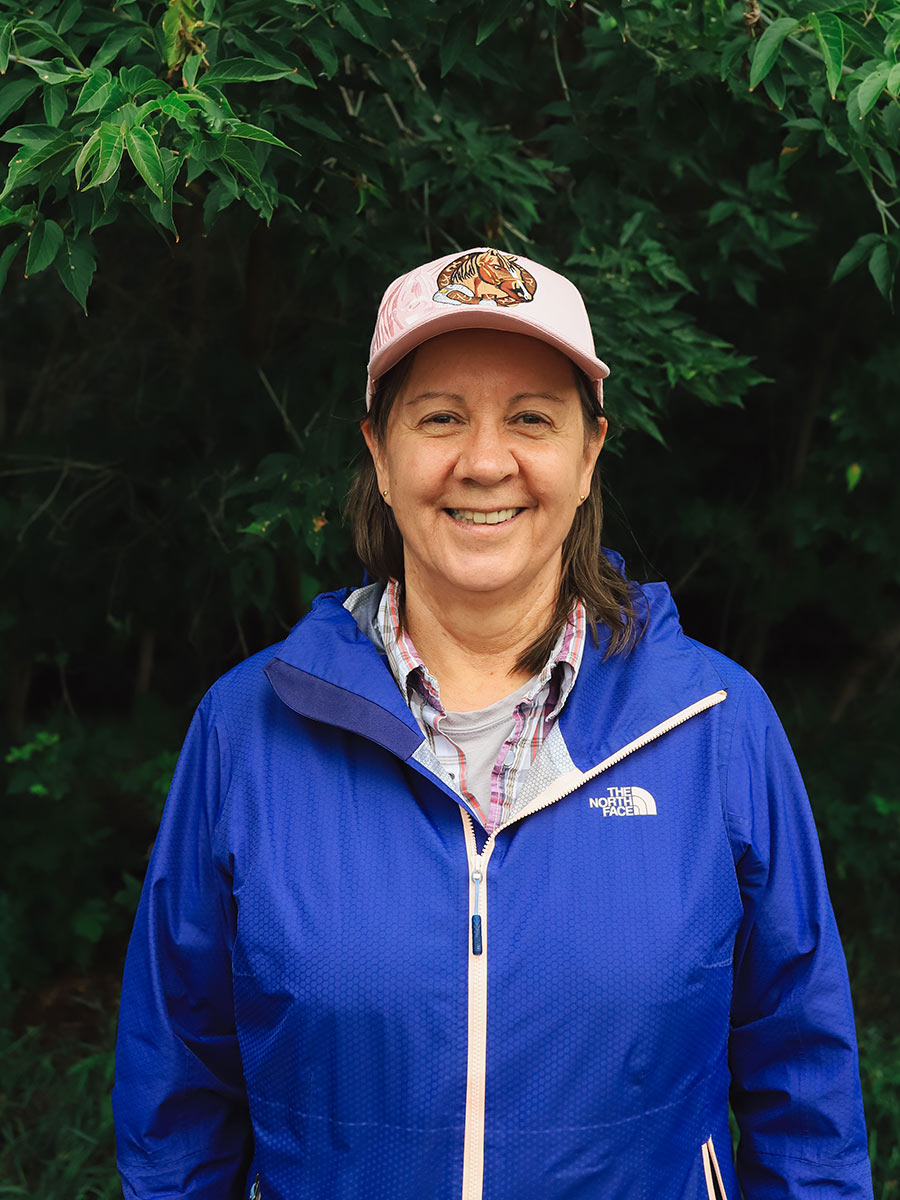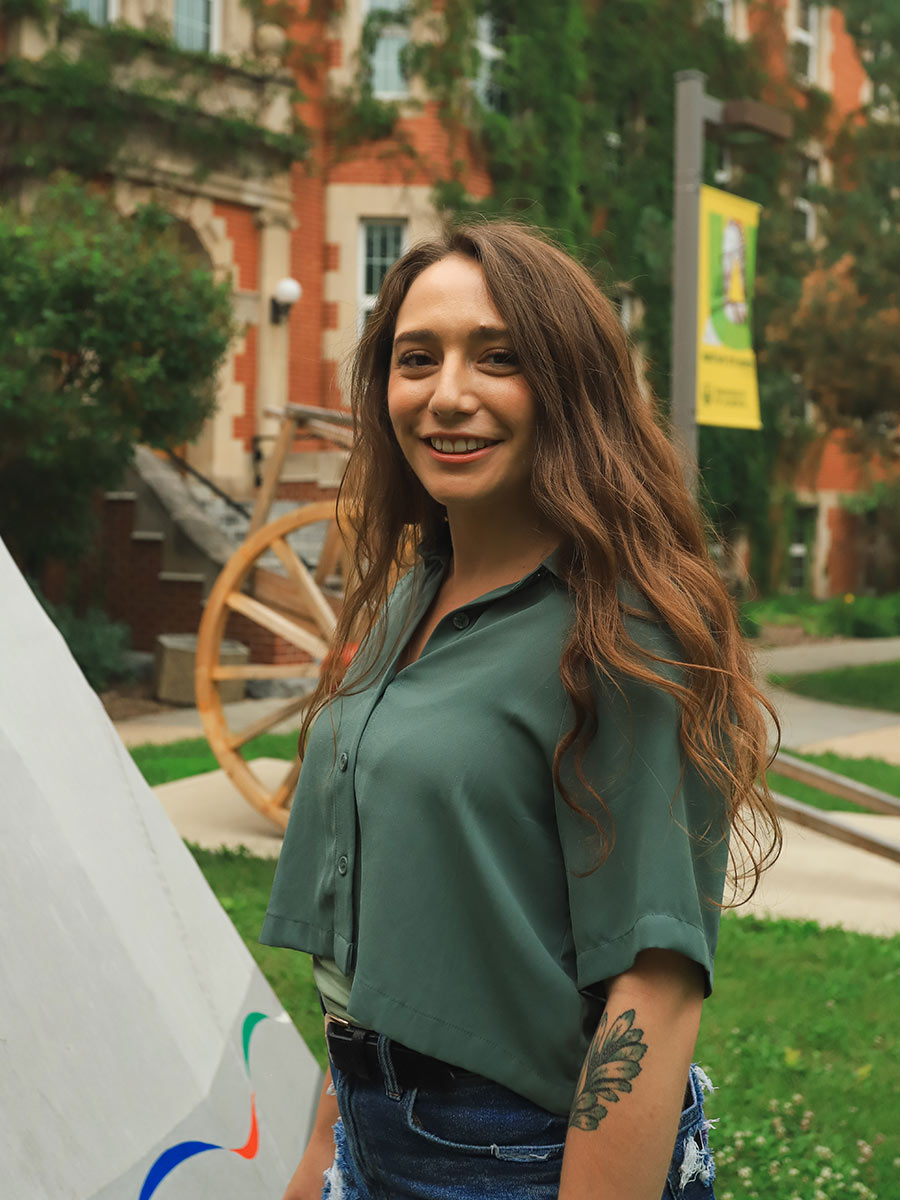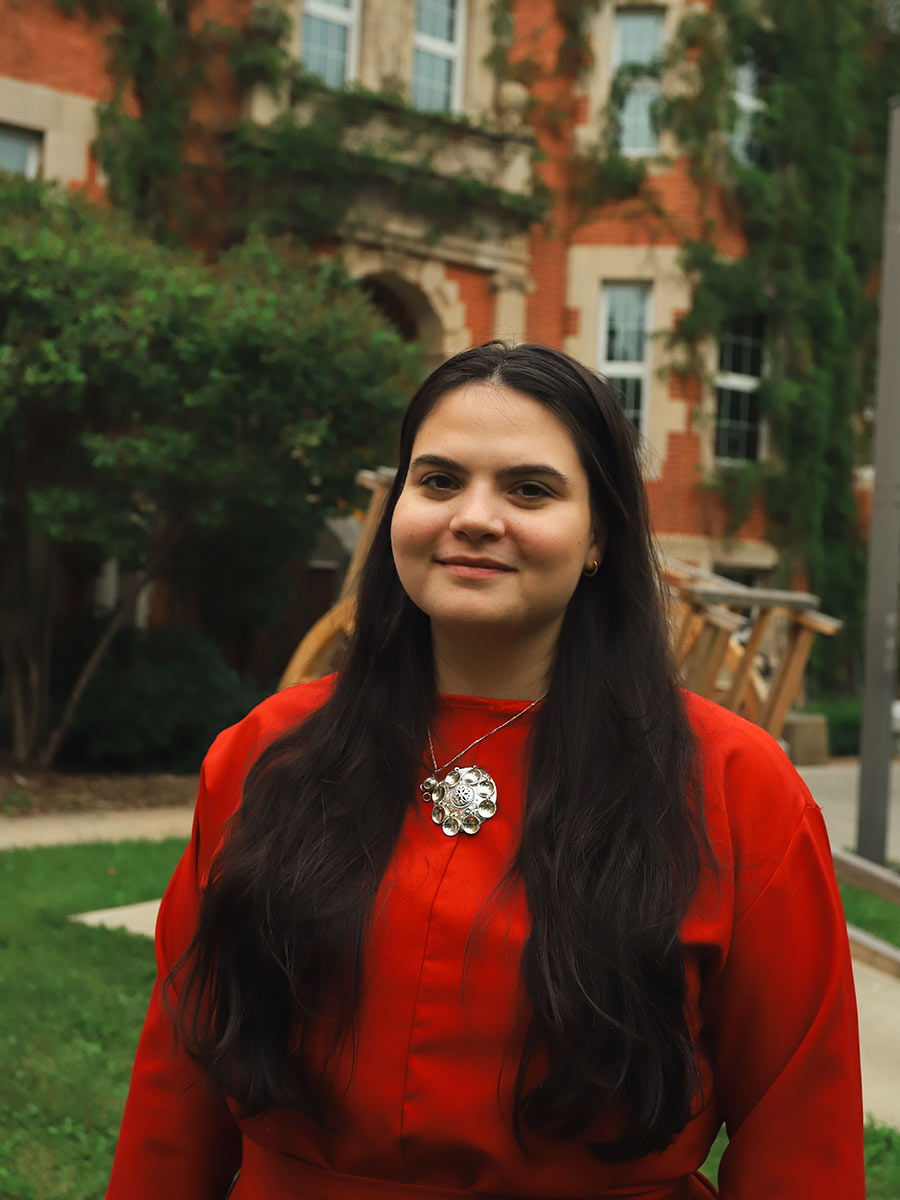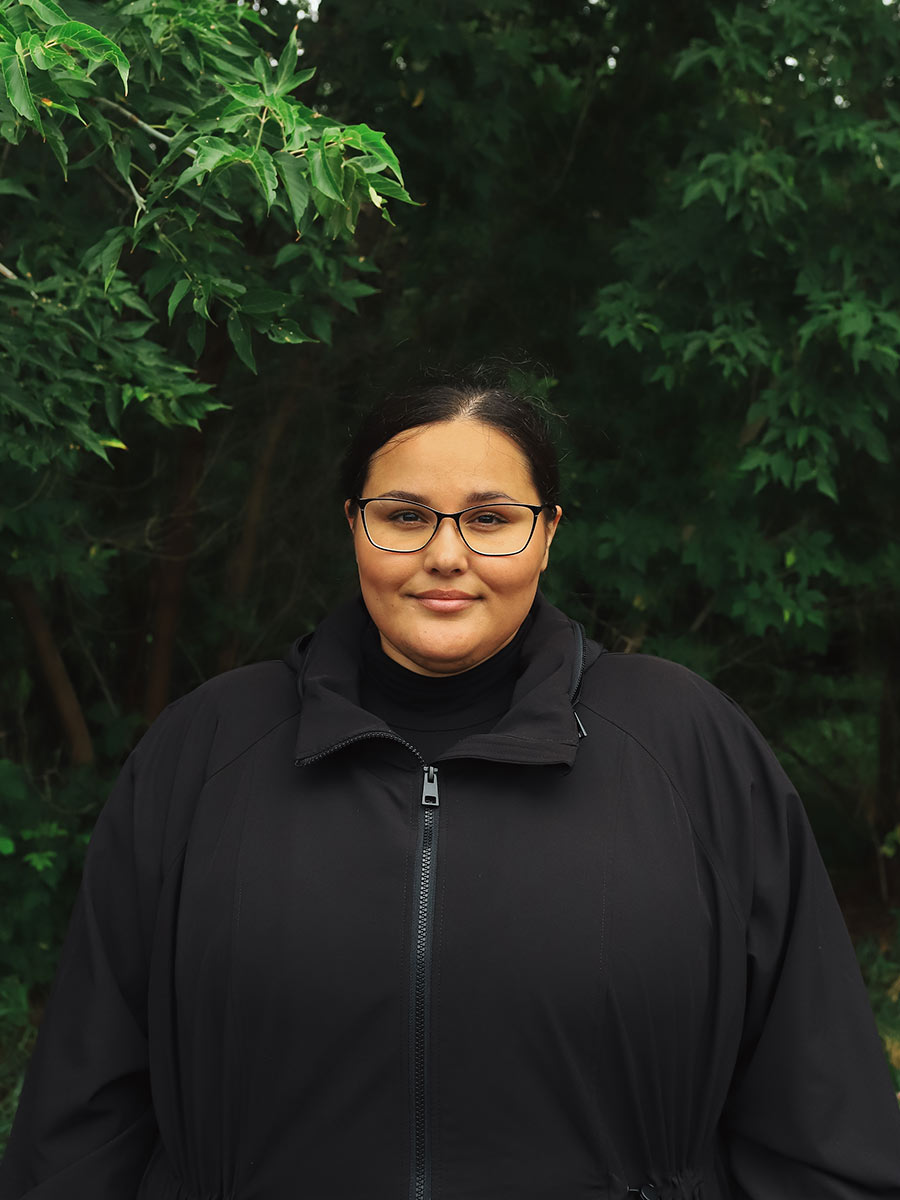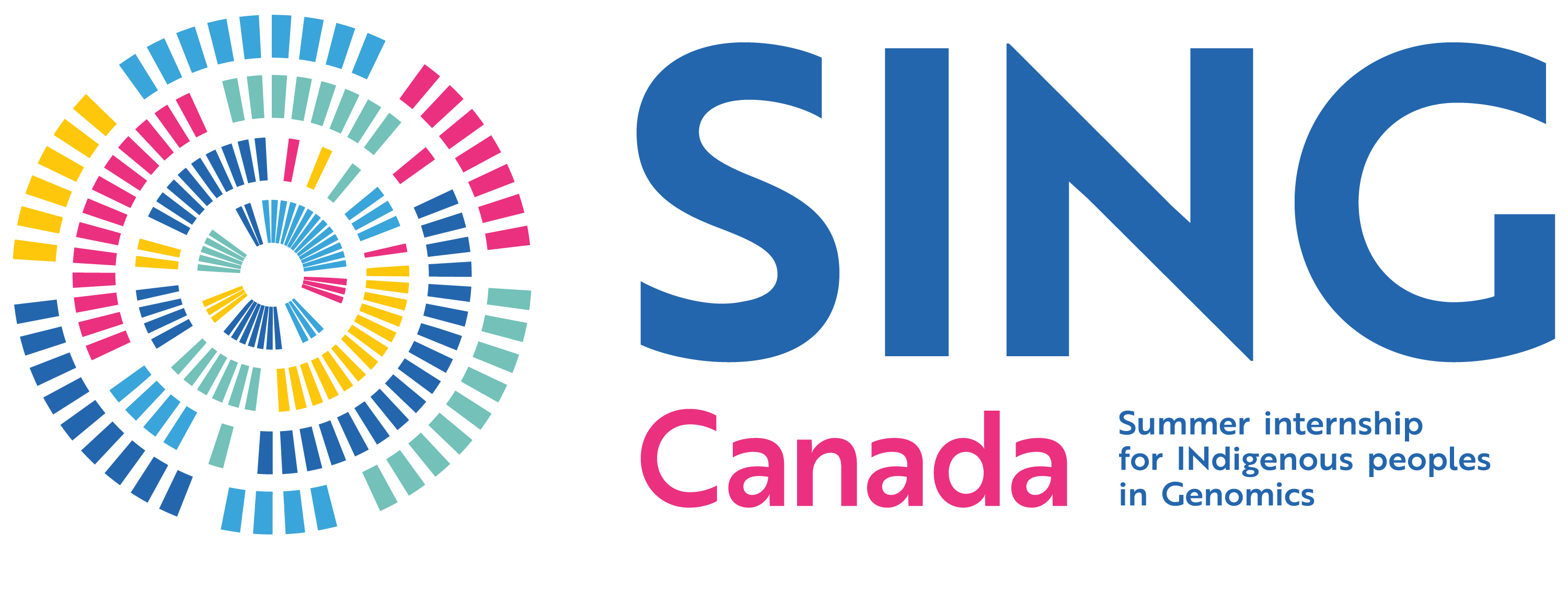Faculty
Our faculty are a fun, fabulous and fierce crew of academics. With backgrounds in anthropology, political science, natural science (botany and biology), medical science (pathology) and planning, they have a wide range of experience and skills to support our SING Canada participants.
Warren Cardinal-McTeague
University of British Columbia
Laurie Montour
Silent Genomes, University of Victoria
Elizabeth Nelson
Pasteur Institute
Kim TallBear
University of Alberta
Cheyenne Reuben-Thomas
PhD Candidate, Cornell University
Current Cohort
Our 2023 program saw participants travel to Edmonton, Alberta from across Canada and even as far away as Sweden! From undergraduate to retirement, Prince George to Lulea, Sweden, we had 9 participants with various experiences, interests and backgrounds. This group of amazing women bonded almost instantly and some are still working together today. It was a great program and a fantastic group. Get to know the SING 2023 participants a little more…
Alumni
Our alumni are the heart of our program and the future of Indigenous genomics research in Canada (and globally). After hosting our 5th workshop, SING Canada’s alumni count is now over 60! Some of our program participants have gone on to complete their PhDs and are working in their communities, for provincial governments and in research labs across North America. Others are still on their academic journey, and others have used the skills gained at the workshop and applied them to their workout outside of the field of genomics.
We are looking for funding to add an Alumni Hub to our website to allow alumni to connect, access job postings and share updates. We also hope to begin publishing about the program and will be looking for more ways for SING Canada participants to benefit from the program long after the week-long workshop.
Loved the experience in the lab! Makes me want to go back to school and learn more about DNA and everything else we did in the labs! Rick’s presentation was amazing, talking about transgenerational inheritance of stress can affect the mother, fetus, and fetus’ ovum was something my mom always said but never in a scientific view. Deborah’s research is very intriguing and coming from the interest of the people, makes it that more special and genuine. Will be looking out for the paper to come!
Genomics 101, DNA Extraction 101, Sequencing 101 — how all the above apply to law, policy and ethics is better understood given the hands-on training and wet lab experience, this was truly invaluable learning. I am also honoured and privileged to meet the Indigenous Scientists of tomorrow! I am impressed by their motivation, energy and ethical considerations to genetics, genomics and all of Mother Earth as interconnected, regardless of the participant’s place of origin. Great work to the SING team for a conference well done: )


